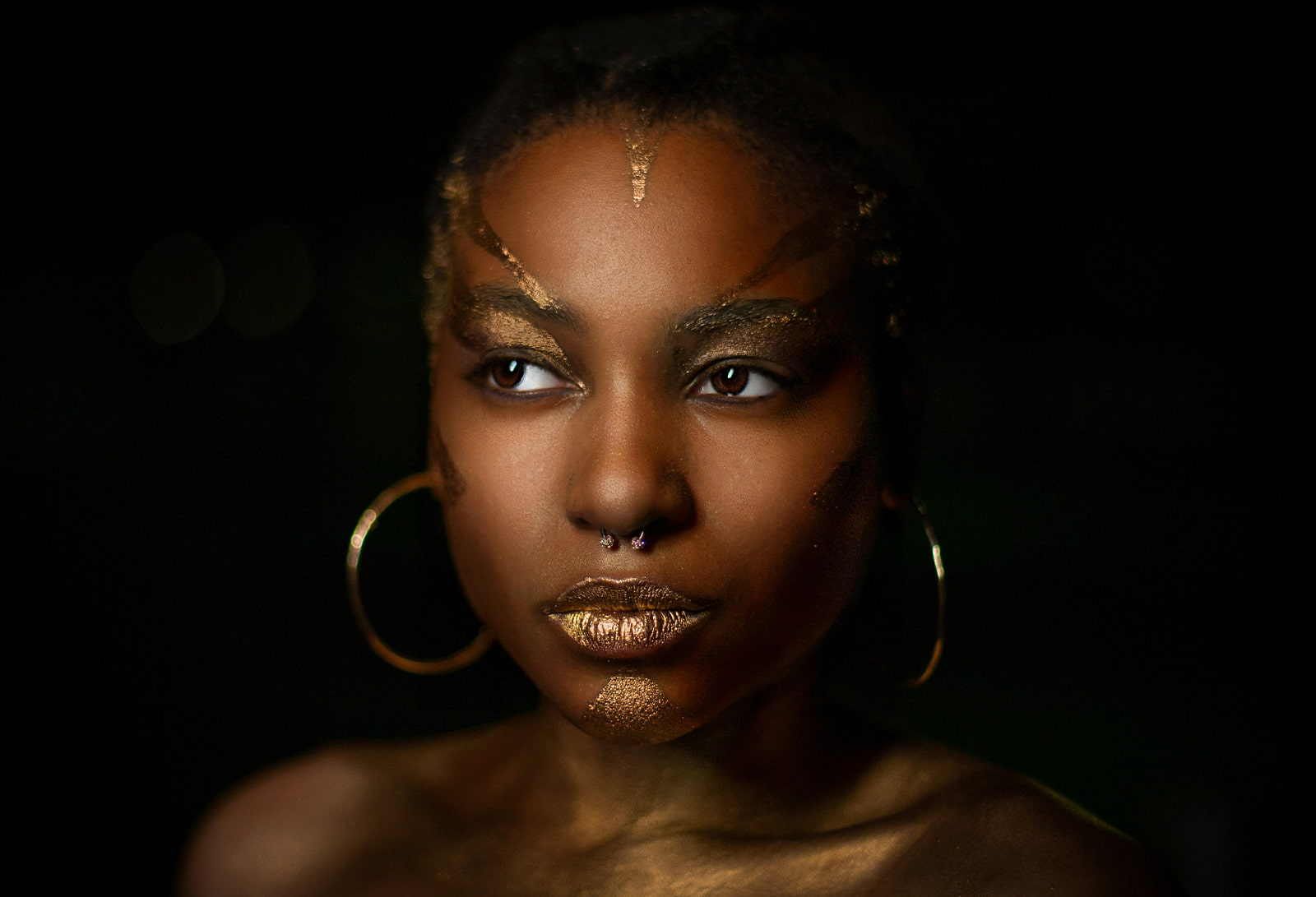
However, these challenges aren’t only unique to Africans in Africa. Even those in the diaspora still bear the brunt, and this doubles down when race and gender come into the mix. According to the World Economic Forum, VC funding for Black-owned businesses declined sharply in 2022, with women receiving an even more disproportionately small share. A recent report by Goldman Sachs says that this has made Black women face obstacles in leaving a financial legacy. “I believe that being a woman, and my race, have played a role in the rejections I’ve faced,” Eniye Okah, founder of sunscreen brand, Beame, says to BeautyMatter. “Unfortunately, biases still exist, and these factors can influence investor decisions,” she continues. She also cites that investors are reluctant to back brands at early stages, and even when they do, seek products that are tech-driven—one of the key successes of The Folklore Group, a luxury e-commerce platform whose founder recently raised $3.4 million in seed funding, and spoke to BeautyMatter about its plans for the African beauty industry.
Despite these challenges, there are several strategies that African beauty brands are employing to secure funding and position themselves for growth. “Crowdfunding is the best strategy for me right now because I spent the whole of last year seeking investment to build my capital-intensive product without success,” Okah says. “With [it], I can engage my target consumer to back the product idea in its prototype stage, which will fund my product development,” she continues. Okah plans to use Kickstarter to reach new customers globally and tap into their community by creating a compelling campaign. “Additionally, crowdfunding provides real-time insights from customers about their pain points, which will help refine my product before the first production run,” she adds. Ghanaian-American shea butter beauty connoisseur, Abena Boamah-Acheampong of Hanahana Beauty, recently raised over $130,000 using this strategy.
African beauty brands are building compelling business initiatives, which are crucial for attracting not only investors, but building trust with customers. “Inspired by LaunchBoom, I’m implementing a reservation funnel where customers can reserve the product for a small fee (£1/$1). This approach helps gauge interest and ensures I have a committed group of people likely to back the product once it launches,” Okah says, and adds, “[as] this method provides an early indication of demand and helps secure initial funds, making the campaign more likely to succeed.” Dusek enjoins that African beauty brands need to clearly articulate their value proposition, market potential, and growth strategy. “This includes providing detailed financial projections, market analysis, and demonstrating a deep understanding of consumer needs. A well-prepared business plan can significantly enhance a brand’s credibility and appeal to investors,” she adds.
Brands and industry stakeholders alike are also looking to overcome the knowledge gap by educating investors about the African beauty market. They aim to achieve this through targeted marketing efforts, investor presentations, and sharing success stories. They’re also highlighting the unique aspects of the market, such as consumer trends, cultural influences, and growth opportunities, hoping that it builds investor confidence. “African beauty brands often have unique selling points that differentiate them from international competitors,” Agboyibor says, “including the use of indigenous ingredients, traditional beauty practices, and a focus on catering to the specific needs of African consumers. Highlighting these USPs can make brands more attractive to investors who are looking for unique and differentiated products,” she adds.
Similarly, they’re calling on governmental policies and support, which can play a crucial role in facilitating access to funding for African beauty brands. Initiatives such as grants, tax incentives, and capacity-building programs can provide much-needed support for SMEs in the beauty sector. Governmental focus on creating a conducive environment for investment, by improving regulatory frameworks and fostering public-private partnerships, is also a key instrument in garnering interests. Securing funding in the African beauty industry is undoubtedly challenging but not insurmountable. By building a strong business case, leveraging networks, educating investors, exploring alternative funding sources, strengthening digital presence, and highlighting unique selling points, African beauty brands can enhance their attractiveness to investors. As the African beauty industry continues to evolve, proactive and strategic approaches to securing investment will be crucial in unlocking its full potential, with a promise of high returns and rewards for those taking the investment leap.